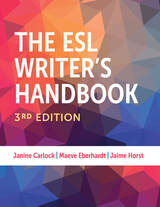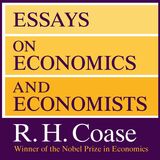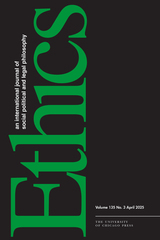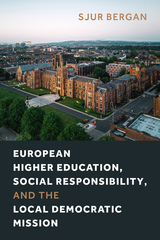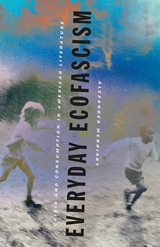6 start with P start with P
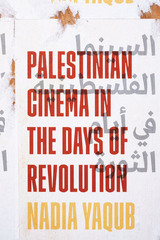
Palestinian cinema arose during the political cinema movements of the late 1960s and early 1970s, yet it was unique as an institutionalized, though modest, film effort within the national liberation campaign of a stateless people. Filmmakers working within the Palestinian Liberation Organization (PLO) and through other channels filmed the revolution as it unfolded, including the Israeli bombings of Palestinian refugee camps, the Jordanian and Lebanese civil wars, and Palestinian life under Israeli occupation, attempting to create a cinematic language consonant with the revolution and its needs. They experimented with form both to make effective use of limited material and to process violent events and loss as a means of sustaining active engagement in the Palestinian political project.
Palestinian Cinema in the Days of Revolution presents an in-depth study of films made between 1968 and 1982, the filmmakers and their practices, the political and cultural contexts in which the films were created and seen, and their afterlives among Palestinian refugees and young filmmakers in the twenty-first century. Nadia Yaqub discusses how early Palestinian cinema operated within emerging public-sector cinema industries in the Arab world, as well as through coproductions and solidarity networks. Her findings aid in understanding the development of alternative cinema in the Arab world. Yaqub also demonstrates that Palestinian filmmaking, as a cinema movement created and sustained under conditions of extraordinary precarity, offers important lessons on the nature and possibilities of political filmmaking more generally.
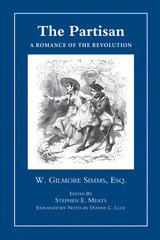

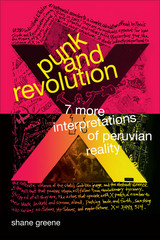


Contemporaries regarded rich, strategic Essex County, located northeast of London, as the “first born of Parliament,” the area from which the rebellious Parliament drew its most decisive support in the Civil War of 1642. Any consideration of the English Civil War can profit from a long look at Essex, which encapsulated so many of the forces that lead to war. William Hunt's analysis of demographic and economic change in this region provides a comprehensive picture of day-to-day life, population growth, the commercialization of agriculture, and the class of men and women rendered socially marginal as a result.
To account for the radicalism of Essex, however, Hunt looks beyond the details of socioeconomic discontent and finds a cultural validation for rebellion in Puritanism. This broad cultural explanation of the factors leading to war provides a fresh interpretation of the Puritan Revolution. The Puritans' desire to impose a strict moral code upon society as a whole, accompanied by an aggressive, imperialistic concept of England's national destiny, eventually came into conflict with national policy and resulted in open rebellion against the Crown.
READERS
Browse our collection.
PUBLISHERS
See BiblioVault's publisher services.
STUDENT SERVICES
Files for college accessibility offices.
UChicago Accessibility Resources
home | accessibility | search | about | contact us
BiblioVault ® 2001 - 2025
The University of Chicago Press


